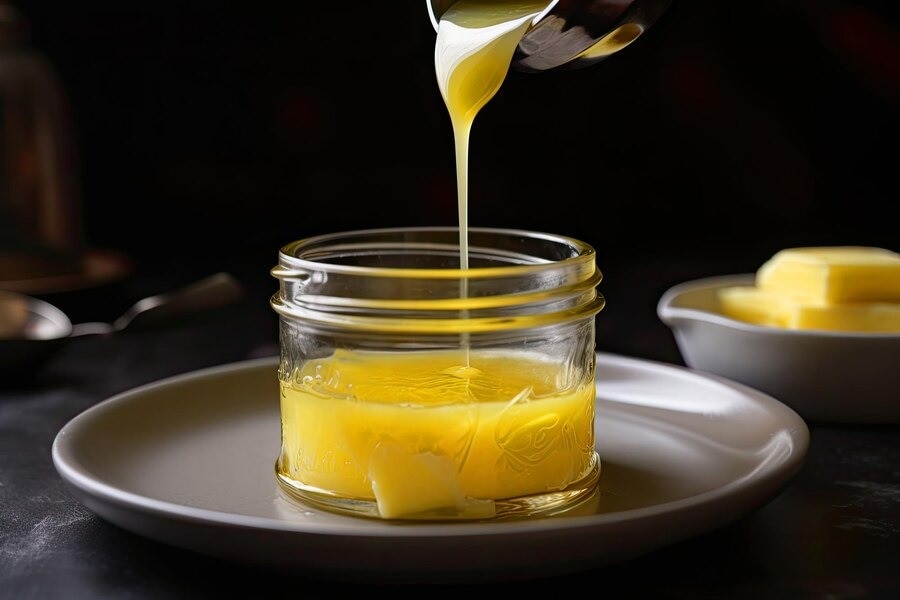Ghee occupies a very important place in the Indian home. Good. Can it affect cholesterol levels? Should it be reduced completely? This is what the expert answered!
A staple in Indian kitchens for centuries, ghee is famous for its rich flavor and nutritional benefits when consumed in moderation. From rotis, dals and curries to festive sweets like laddoos and halwa, ghee is a quintessential ingredient that enhances the flavor of both everyday dishes and festive meals. Although ghee has a long history of use in India and has cultural significance, it is sometimes met with skepticism by some health-conscious people due to its high saturated fat and cholesterol content. That said, ghee contains certain essential nutrients that can confer health benefits, such as:
Benefits of ghee
- Ghee is rich in essential fatty acids, including omega-3 and omega-6 fatty acids, which are necessary for maintaining the integrity of cell membranes and promoting cognitive function. These fats can help reduce inflammation and improve overall health.
- Components in ghee, such as butyric acid, help produce immune cells in the intestinal tract and can strengthen immune function.
- Another component of ghee, linolenic fatty acid (omega-3 fatty acid), is known to help control inflammation, so it may be beneficial for good health.
Ghee occupies a very important place in Ayurveda and includes ghee as a sattvic food that helps in achieving purity of mind and body. According to Ayurveda, ghee helps in the digestion of food by stimulating the secretion of digestive enzymes. It is often used as a means of delivering herbal medicines. It is also known to increase ‘ojas’, which refers to the vital essence of the body and is related to strength and protection against disease. Ghee also contains essential vitamins and minerals such as vitamins A, D, E and K, as well as minerals: calcium and phosphorus. However, despite its potential health benefits, ghee remains a source of saturated fat and cholesterol, raising concerns about its widespread, daily use.
Should I eliminate ghee completely to control cholesterol?
According to Dr. Bhavna Sharma, Head, Department of Nutritional Sciences, ITC Limited, ghee is an important part of Indian households and it is difficult to eliminate it completely. Therefore, taking steps to control portion sizes is one of the many ways to control your daily ghee intake. Switching to another “better-for-you” option, such as adapting ghee with lower cholesterol, is another way to enjoy it. With the advancement of food technology such as “low cholesterol adsorption” during the manufacturing process, consumers now have an alternative to traditional ghee without compromising on taste or benefits. This advancement in technology has allowed manufacturers to significantly reduce cholesterol content without losing its rich flavor. Today’s consumers can celebrate the rich flavor and nutritional benefits of low-cholesterol ghee* by incorporating it in moderation and in simple ways, such as:
Using it in various dishes like rotis, dals and curries.
- Adding it to festive sweets like laddoos, halwa and jalebis to give it an extra layer of flavour.
- Use it as a substitute for butter in recipes.
- Add 1 teaspoon of ghee to your morning tea or coffee for an energy boost.
Significantly reducing cholesterol content while maintaining the same quality of taste, aroma and nutritional benefits as regular ghee provides a way for people to enjoy ghee as part of a diversified and balanced diet.
–>
